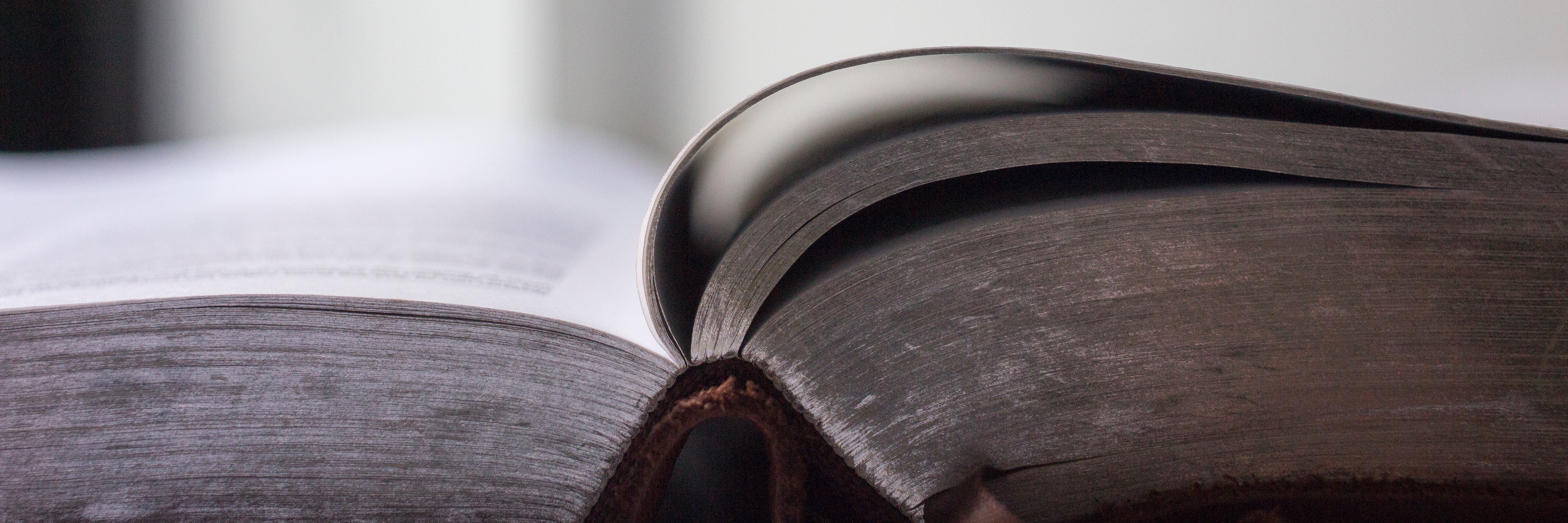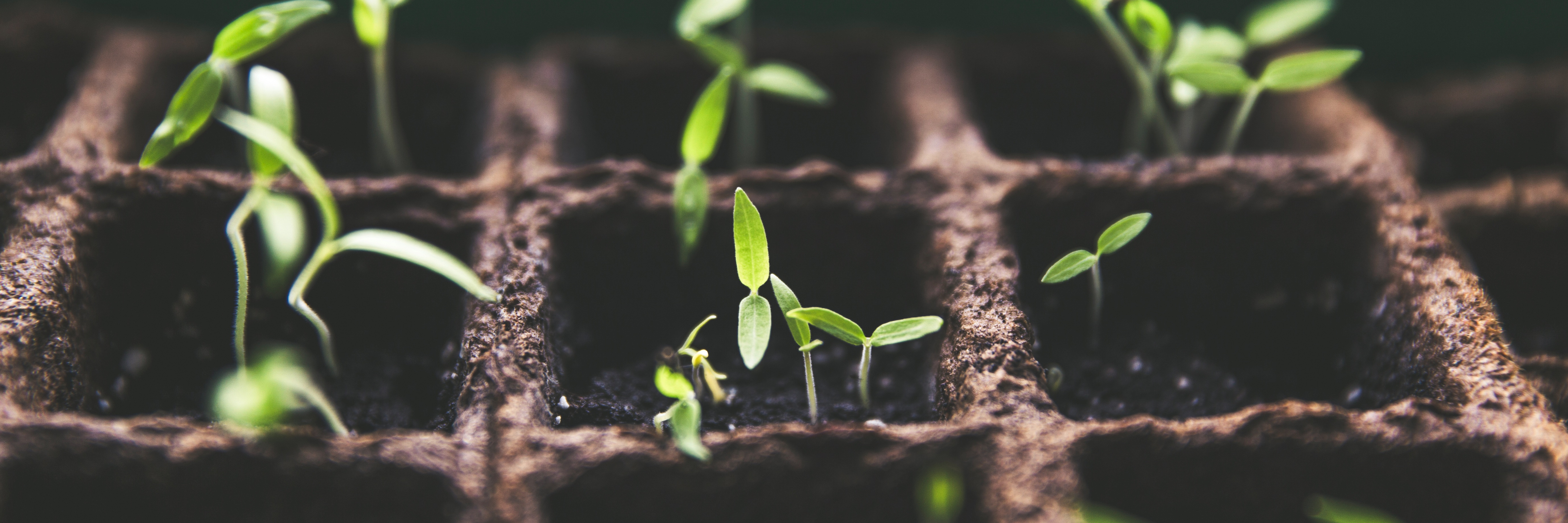Introducing myself as Executive Director.
Cross-posted with the Open Humans blog.
Today is my first day as Executive Director of Open Humans Foundation. I am honored and thrilled to be taking the helm! As Open Humans co-founder I’m a familiar face, but I’d like to take this opportunity to re-introduce myself – and to share my vision.

How I got here probably begins with my love for creating and sharing knowledge.
As an early biotech graduate student, I stumbled into Wikipedia. I edited articles, created diagrams, and improved knowledge. Genetics was a theme: a reflection of my graduate work, and a topic I’d loved since high school. I gave the Genetics page a complete remodel – featured article in 2008! I helped One Laptop per Child create an offline Wikipedia for hundreds of thousands of children. I also created a page for my favorite mutation, a thing of history and beauty: Double-flowered.
This love for knowledge sharing – and for genetics – drew me, belatedly, to another project in the lab: George Church’s Personal Genome Project (PGP). (I was already in George’s lab. My thesis was mostly about DNA methylation.) George’s vision for the PGP was radical: open sourcing ourselves. He invited individuals to publicly share their genomes, health records, cell lines, and more. Participants took on strange, unknown risks. It was provocative and transgressive, and George had volunteered as its pilot participant: PGP #1.
In the years that followed, the Harvard PGP publicly released hundreds of genomes and enrolled thousands of participants. I became Director of Research for George’s project, and I was involved in every facet of operations. I created the project’s trait surveys, rewrote its entrance exam, fielded a multitude of inquiries, and helped organize sample collection events. I evaluated hundreds of genomes to create the “research reports” participants received, which explained the potential impact of variants in their genome. I was also first author on key papers for the project.
In addition, I became a liaison for the Harvard PGP and other projects that wished to work with it. When Jason Bobe expanded the GET Conference to add “GET Labs”, I was there as an interface between the researchers, the PGP, and the participants. My ongoing collaborations, through GET Labs and otherwise, have included American Gut (Rob Knight, UCSD), GoViral (Rumi Chunara, NYU), Critical Assessment of Genome Interpretation (Steven Brenner, UC Berkeley & John Moult, U of Maryland), the Personal Genomics Human Computer Interaction group (Orit Shaer, Wellesley & Oded Nov, NYU), and the PeopleSeq Consortium (Robert Green, Partners).
Through these, I started to see the bigger picture of what it means to study ourselves.
Genomes hold larger lessons. We have entered a world of data, where personal and meaningful information is being aggregated about us. But data sharing is foundering on privacy concerns. Silos of control have divorced individuals from their data, and reinforce a divide between the roles of participant and researcher.
This matters, because our data matters – it has the potential to make discoveries, to improve our health, and to empower us. But achieving these visions has begun to seem like an unreachable mirage.
 By Michael Gwyther-Jones, CC-BY-SA.
By Michael Gwyther-Jones, CC-BY-SA.
I see a design problem. Our system for research was built in a pre-digital world. Open Humans is a redesign, restructuring how we aggregate data and perform research.
In Open Humans, individuals are the aggregators and data sharers.
And anyone can create a project on the site to work with members.
Projects can be citizen-led as well as traditional academic studies. Projects can provide data analysis tools, or can add new data. Data can come from anywhere – from research studies to third party APIs. A project can also invite members to share data broadly, e.g. in a “commons”, managed by a trusted entity. Researchers can build upon existing data streams. And studies can return their data – where it becomes a resource for personal discovery and future research.
It unlocks new opportunities for longitudinal research, for citizen science, for individual exploration, and for innovations that transcend any single study.
Our role is to be stewards: we have built an empty garden. You are its gardeners.
In this role, I hope you can trust us. Open Humans Foundation is a nonprofit, and my work as steward is supported by my Shuttleworth Foundation Fellowship. This funds me as an individual – and more – it grants me access to $250,000 in project funding each year. But for each $10 in project funding I seek from the Shuttleworth Foundation, I must give $1 of my own income. This is their bargain, and I’m taking it. I’m investing in this dream, and in this community garden.
What has grown already is full of serendipity and innovation. When we started, we seeded this with data we supported: genomic, microbiome, activity tracking, GPS. But now it grows beyond us. James Turner – a PGP participant – created an open source app to add Apple iOS “HealthKit” data. Continuous glucose monitor data has come from the Nightscout Project, a type 1 diabetes community. The Nightscout Foundation is creating a patient-led “data commons”. And Dana Lewis invites data donations from her own amazing community – the Open Artificial Pancreas System (OpenAPS) – and is bringing aggregated OpenAPS data to research teams at Stanford and Johns Hopkins. Newcomers wander in regularly now, bearing the seeds of nascent projects.
And so I invite you. Come, build. Plant your seeds – your data – your projects and ideas. Let’s grow something amazing together.
